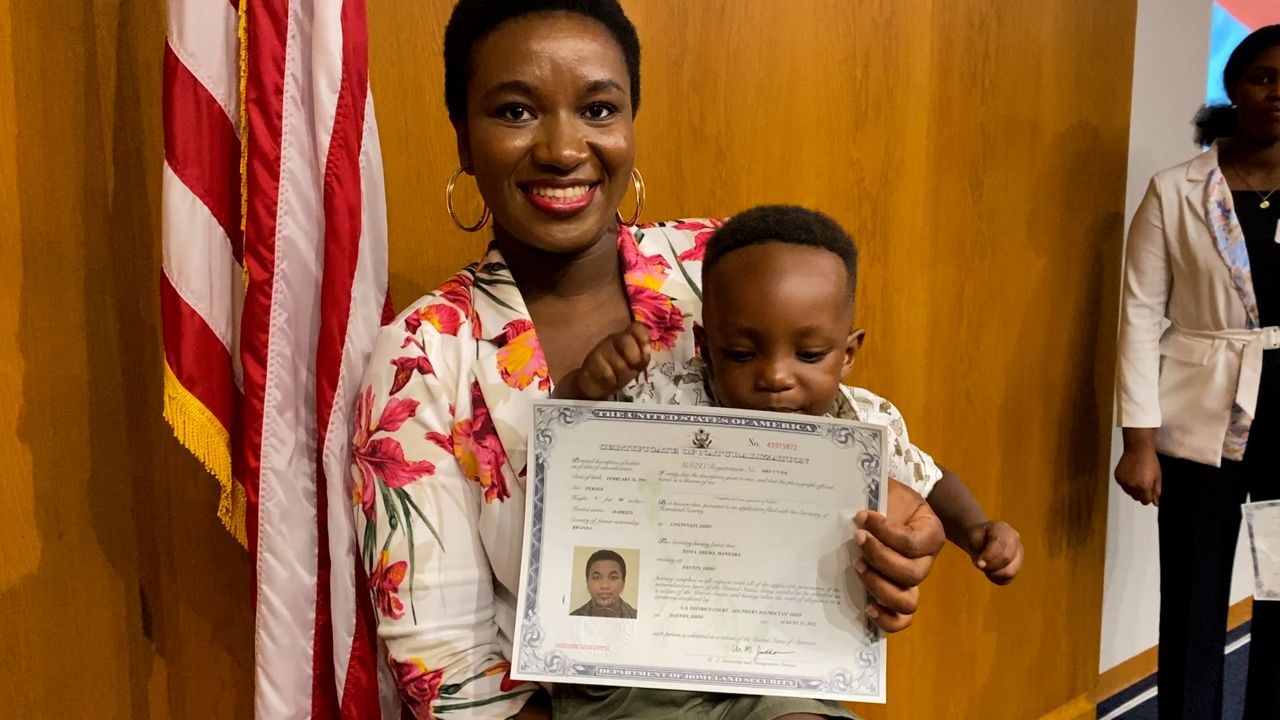Attorney General Merrick Garland announced on Thursday that the Department of Justice would move to allow the public release of a search warrant executed at Donald Trump’s Florida home, after FBI agents searched the former president’s residence for hours on Monday.
According to the motion, filed with the U.S. District Court for the Southern District of Florida, the documents can be unsealed upon the judge’s approval and “absent objection from the former president.”
The motion also calls for the unsealing of the property receipt, which is a list of the items that FBI agents took from Mar-a-Lago.
Both the warrant and the property receipt were given to Trump lawyers on site on the day of the search, Garland said.
Now, Trump’s legal team has until 3 p.m. EST on Friday to respond and say whether the former president objects to the motion to unseal the documents.
Garland also announced Thursday that he had personally approved the decision to seek the warrant at Mar-a-Lago, which “was authorized by a federal court upon the required finding of probable cause.”
Though a search warrant does not suggest that criminal charges are near or even expected, federal officials looking to obtain one must demonstrate that they have probable cause that a crime occurred.
The attorney general did not add details about the subject of the warrant, though people familiar with the matter told the Associated Press that the search was part of an investigation into whether Trump took classified records from the White House to his Florida residence.
“Upholding the rule of law means applying the law evenly, without fear or favor. Under my watch, that is precisely what the Justice Department is doing,” Garland said.
“Much of our work is, by necessity, conducted out of the public eye. We do that to protect the constitutional rights of all Americans and to protect the integrity of our investigations,” he added. “Federal law, long-standing department rules and our ethical obligations prevent me from providing further details as to the basis of the search at this time.”
Garland said the decision to ask for the unsealing was partly due to the fact that Trump himself already publicized the search in statement Monday night, and because there is “substantial public interest” in the warrant’s contents.
The motion filed Thursday reads: “The press and the public enjoy a qualified right of access to criminal and judicial proceedings and the judicial records filed therein.”
FBI agents searched the Mar-a-Lago estate from morning to evening on Monday, and former president Trump said they opened a safe. Yet in the hours and days after, neither the FBI nor the DOJ gave any information about the impetus for the search.
A number of Trump’s Republican allies, including Texas Sen. Ted Cruz, have called on the Justice Department in recent days to release the warrant.
The DOJ had been investigating the potential mishandling of classified information since the National Archives and Records Administration said it had received from Mar-a-Lago 15 boxes of White House records, including documents containing classified information, earlier this year.
President Trump responded to Garland’s announcement on his social media platform Thursday, insisting that his “attorneys and representatives were cooperating fully” with the DOJ before Mar-a-Lago was “raided” “out of nowhere” on Monday.
“They got way ahead of themselves. Crazy!” he wrote.
Since the search, Republicans have ramped up their rhetoric, threatening retaliation and retribution while also demanding information about the FBI’s action.
And threats from the former president’s supporters have escalated online — from “Lock and load” to calls for federal agents and even U.S. Attorney General Merrick Garland to be assassinated.
Garland on Thursday said he would “not stand by silently” while the integrity of DOJ prosecutors and agents is attacjed.
“The men and women of the FBI and the Justice Department are dedicated, patriotic public servants,” the attorney general said.
FBI Director Chris Wray, who was appointed by Trump in 2017, called the circulating threats “deplorable and dangerous” earlier Thursday.
“I’m always concerned about threats to law enforcement,” Wray said. “Violence against law enforcement is not the answer, no matter who you’re upset with.”
Monday’s search marked a dramatic and unprecedented escalation of law enforcement scrutiny of the former president.
“Nothing like this has ever happened to a President of the United States before,” Trump said in a lengthy statement Monday evening. “After working and cooperating with the relevant Government agencies, this unannounced raid on my home was not necessary or appropriate.”
Multiple federal laws require the safekeeping of government secrets. One potentially relevant statute makes it a crime to remove classified information and retain it an unauthorized location. Another makes it illegal to mishandle national defense information, including maps, photographs and documents, or transmit it to a person not authorized to receive it.
But if past is any precedent, the mere mishandling of classified information isn’t always enough for a felony conviction — or any charges at all.




